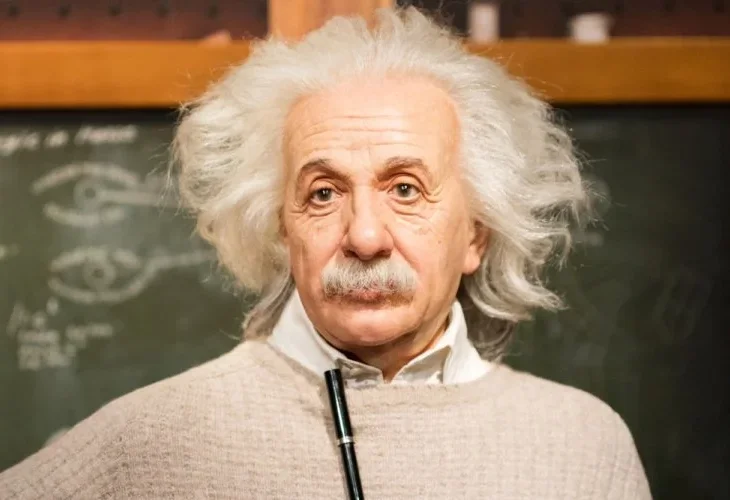Interesting
Lost 1939 Einstein Letter Reveals His Plea to Save Jews from Nazi Persecution
In a newly uncovered message to a New York welfare worker, Albert Einstein urges unity and moral courage
 (Photo: shutterstock)
(Photo: shutterstock)
A previously unseen letter written by Albert Einstein in 1939 has surfaced, revealing the physicist’s urgent call to rescue Jews from Nazi persecution. The letter, addressed to Sadie Klein, a Jewish employee in the New York City Department of Welfare, will soon be auctioned in Los Angeles.
The letter, written on Einstein’s personal Princeton letterhead on June 10, 1939, just three months before the outbreak of World War II, reflects his deep concern for the fate of European Jewry under Hitler’s regime.
“The power of resistance which has enabled the Jewish people to survive for thousands of years was based to a large extent on traditions of mutual aid,” Einstein wrote. “In these years of affliction, our willingness to help one another is being put to a particularly severe test. May we stand this test as our fathers did before us. We have no other means of self-defense than our solidarity and the knowledge that the cause for which we suffer is a high and sacred cause. It must be a source of deep satisfaction to you to contribute so important a part to the saving of our brethren — Jews persecuted by peril — from disaster and to lead them toward a better future.”
Historical and Emotional Significance
The letter highlights Einstein’s lifelong advocacy for humanitarian and Jewish causes. During the late 1930s, he used his fame to mobilize aid for Jewish refugees escaping Nazi Germany, writing to Jewish community leaders and philanthropists across the U.S. urging them to act swiftly.
The starting bid for this letter is $20,000, but experts predict it could fetch well over $100,000, referencing a similar Einstein letter sold five years ago for $134,000.
Einstein’s Legacy of Words
This is not the first time Einstein’s writings have commanded attention at auction. In 2017, two handwritten notes he gave to a bellboy at the Imperial Hotel in Jerusalem sold for $1.3 million. At the time, Einstein reportedly had no cash for a tip and instead left the notes, saying: “If you’re lucky, these notes will be worth more than a tip someday.”
The notes read: “A calm and modest life brings more happiness than the pursuit of success combined with constant restlessness.”
And on the second note: “Where there’s a will, there’s a way.”

